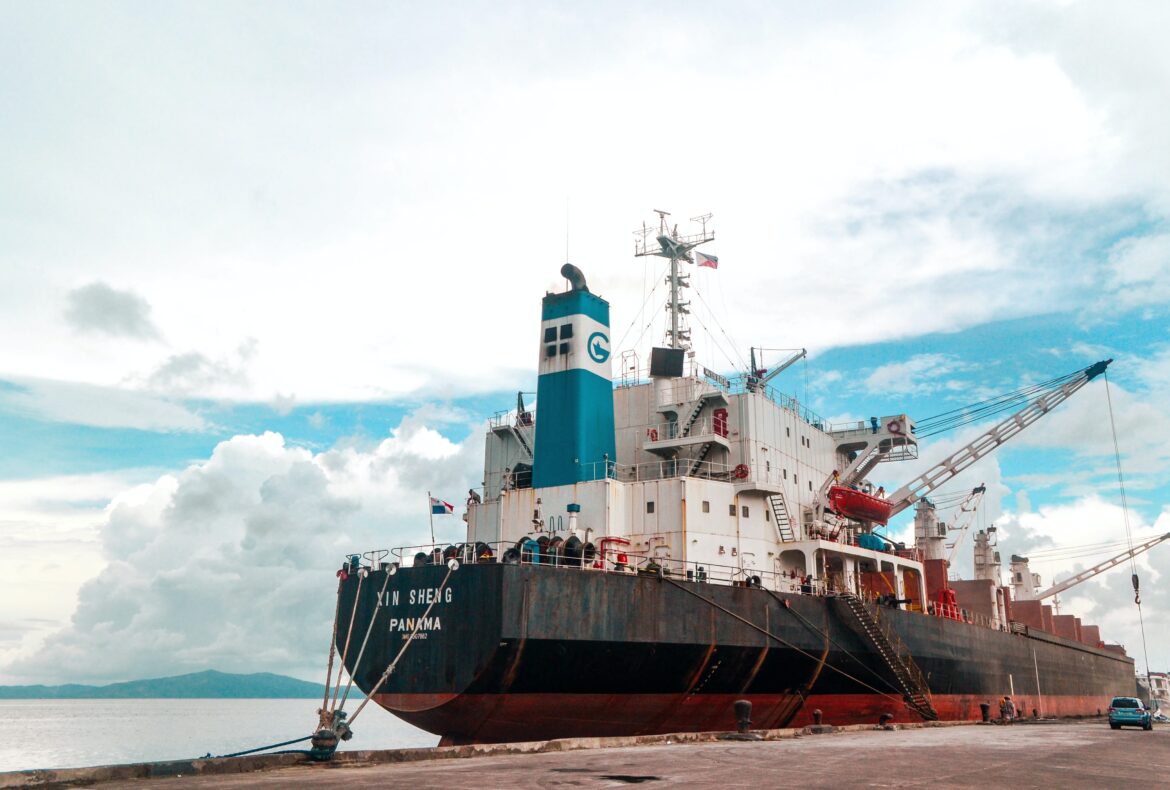Passenger Transport May Public Operators.
The bus services outside London were deregulated in October 1986 and in Essex
about 85% of bus services are now wholly commercial and are fully independent of
the local authority.
When a bus operator identifies that it intends to change or completely withdraw, a
commercial bus service, the Local Authority has a duty under the Transport Act to
consider whether a replacement service should be provided.
Although the authority works in partnership with the commercial operators it also
represents the opinions of local residents and can express them with the aim of
influencing bus routing and bus frequency. It can therefore attempt to persuade but it
cannot control the commercial decisions.
Where a commercial service is withdrawn and the local authority identifies a need for
a service it can contract for a replacement service. The contract may be for a small
number of journeys such as late evenings or it may be for an entire route, for example
on a Sunday.
In Essex, there is a combination of over 200 contracted services. None are
commercially viable and are therefore funded by the authority.
While the authority controls the routes and times of its contracted services it is
constrained in the extent to which it can act by the available budget for supporting
bus services. The longer term viability of many subsidised services is not certain.
Therefore any steps that can be taken to increase passenger numbers are to be
welcomed – improving the passenger waiting environment and assisting the buses to
operate punctually are very important factors here.
In addition such roadside infrastructure also acts as the gateway to services for
potential passengers, so has an important impact on how the public view bus services.
Poor infrastructure gives a bad impression of bus services’ utility.
Releted Tags






Leave a comment